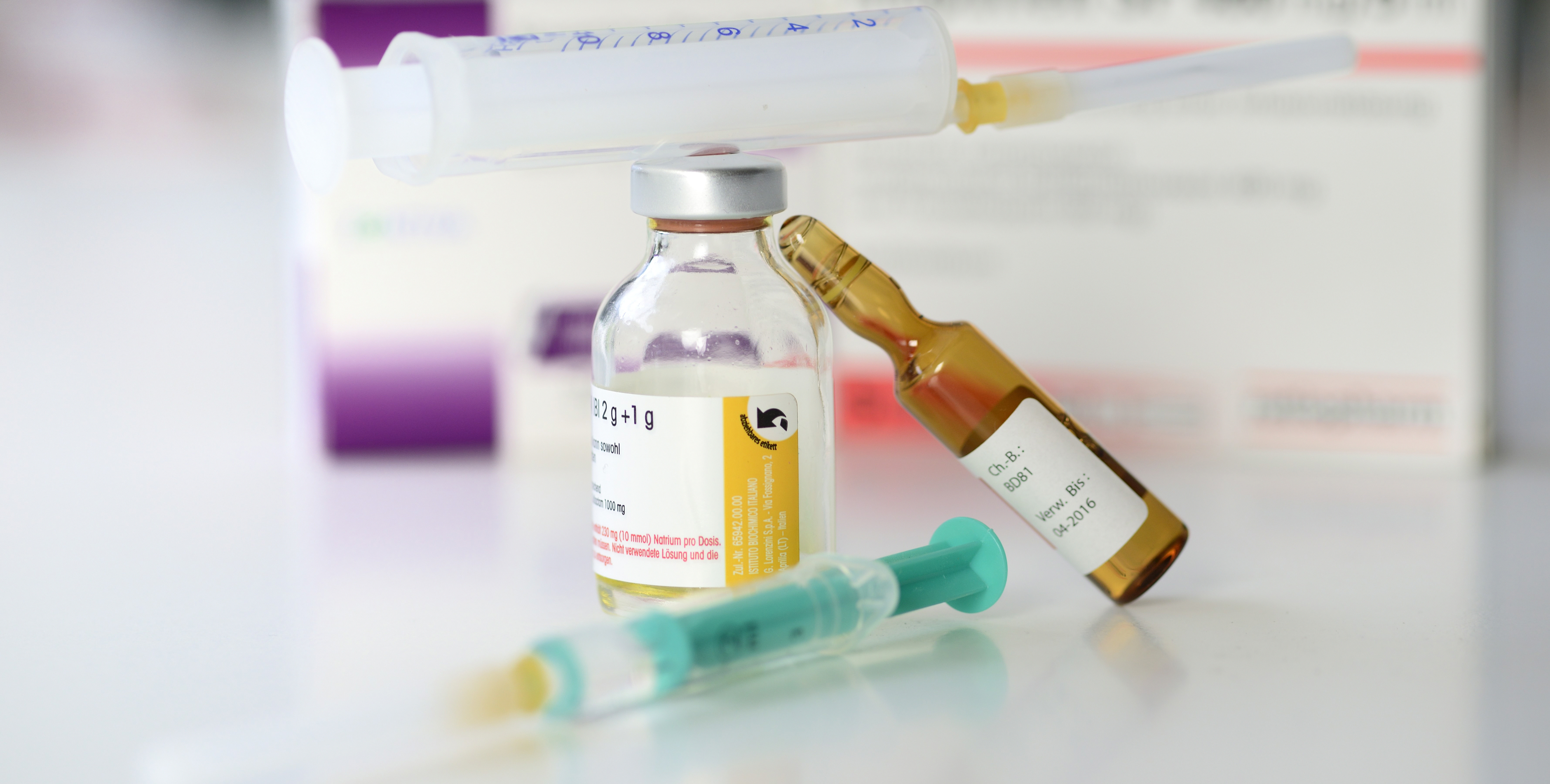People who incorrectly believe that they are allergic to penicillin are unnecessarily put at an increased risk of developing MRSA or C difficile, NICE has warned. As a result, healthcare staff should be aware of this and ensure that only people with a true allergy to penicillin are documented as such.
Incorrectly identifying people as allergic could also contribute to antimicrobial resistance, as these people are likely to instead be given broad-spectrum antibiotics. The warning comes in a new medicines evidence commentary on research conducted in the UK and published in the BMJ in June 2018.
The study highlights previous evidence that around 10 per cent of the UK population has a penicillin allergy documented in their clinical notes, but that only around five per cent of these people actually have a ‘true’ penicillin allergy. The study measured the rates of MRSA and C difficile in people who are, correctly or not, documented as having a penicillin allergy.
Those people are almost 70 per cent more likely to develop MRSA – the bacteria often referred to as a ‘hospital superbug’. They are also around 25 per cent more likely to develop C difficile, a bacteria that generally causes diarrhoea, according to a 2018 study of nearly 300,000 patient records.
Professor Gillian Leng, Deputy Chief Executive of NICE, explained, ‘Lots of people think they are allergic to penicillin because it gave them a rash when they were a child, their mum or dad told them they were allergic and it has stayed in their notes for decades. That is a very different thing to having a true penicillin allergy, which can result in a life-threatening anaphylactic reaction.
‘If healthcare staff use NICE guidance to distinguish properly between the two, that could help stop the spread of both MRSA and antimicrobial resistance.’







